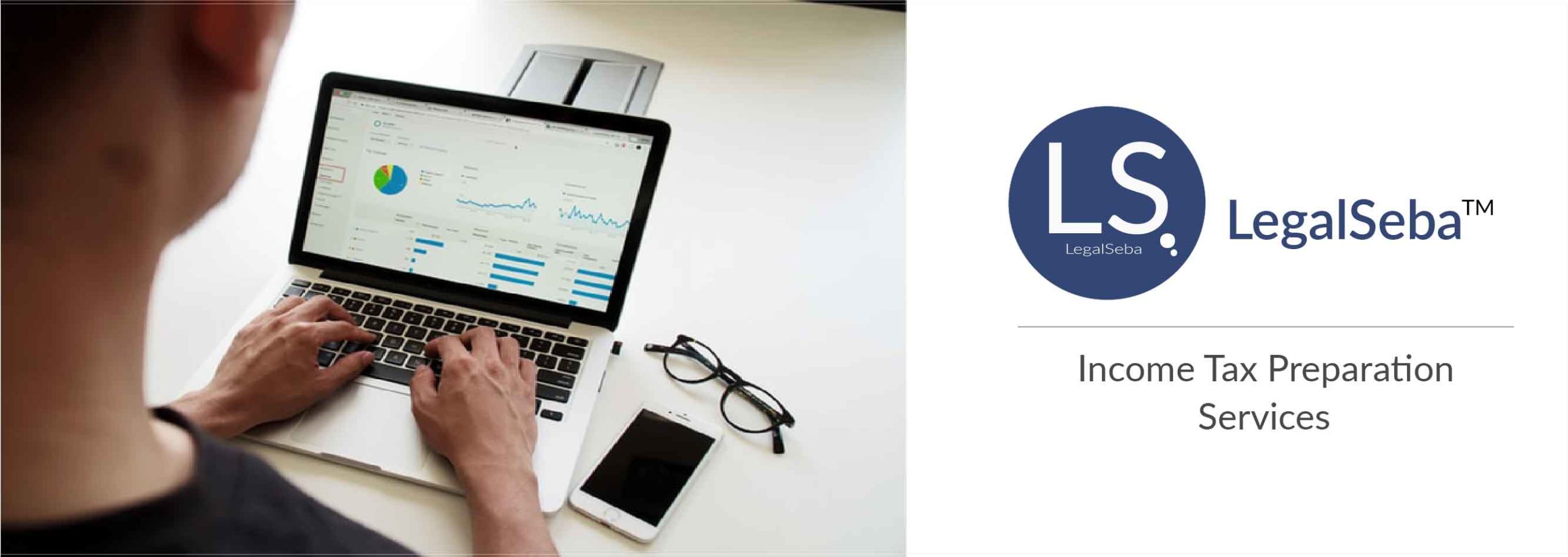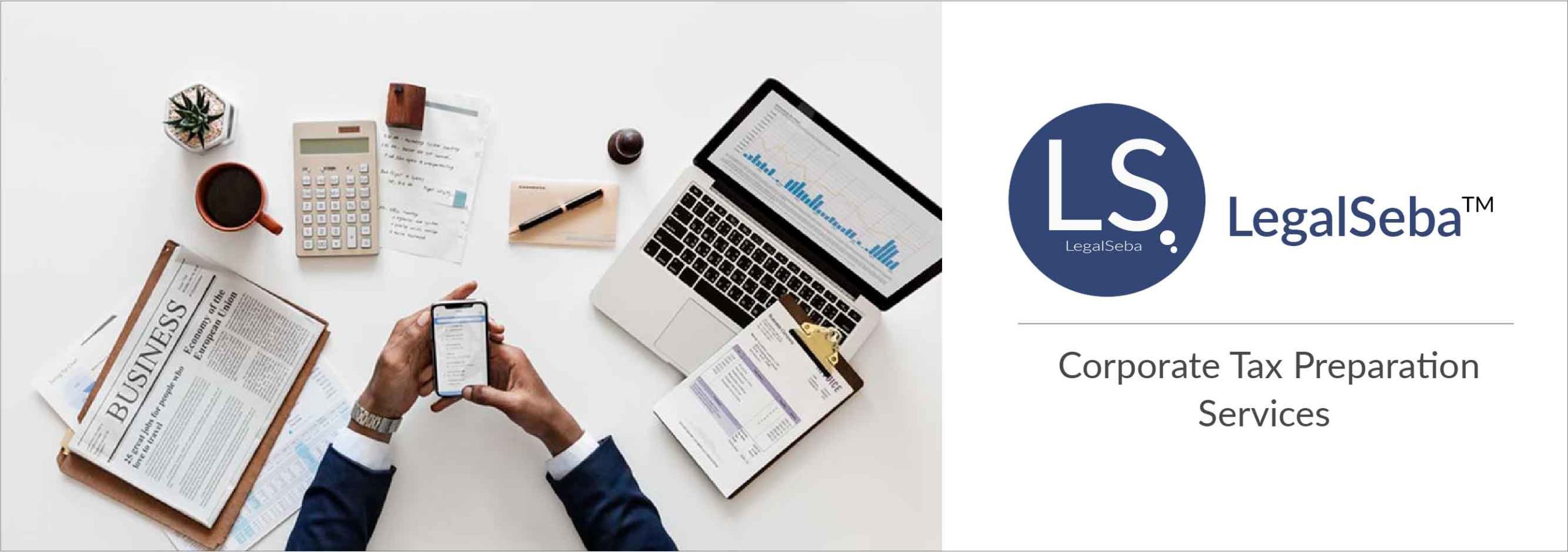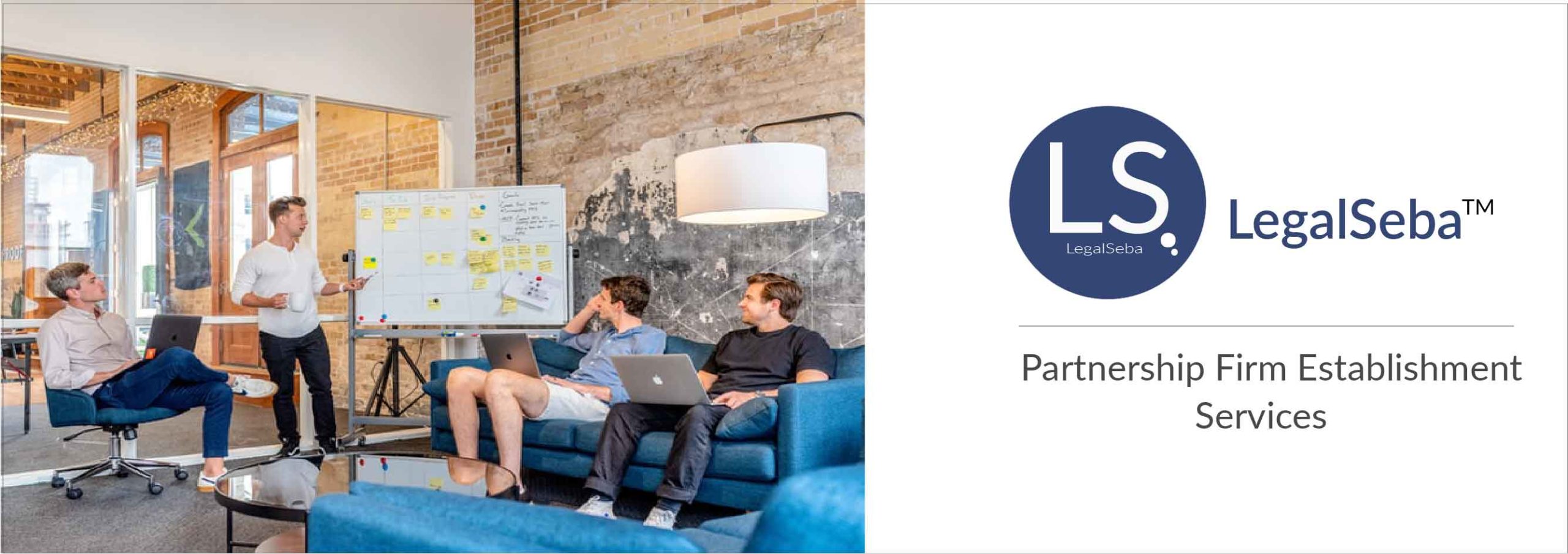Bond License Guide BD
Bangladesh Customs Bond License: The Ultimate Guide (2025 Rules)
Updated May 2025The Customs Bond License is a critical facility for Bangladesh's export sector, allowing duty-free import of raw materials. This guide provides a comprehensive analysis of the NBR bond license system, including the updated application process under the Warehouse Licensing Rules 2024 and recent amendments. Learn about the requirements, benefits, and how to maintain compliance to boost your export business's competitiveness.
Strategic Overview of the Bonded Warehouse System
1.1 Economic Importance for Export-Led Growth
The bonded warehouse system is a cornerstone of Bangladesh's export strategy. It functions as a special tax system that enables duty-free import of inputs for 100% export-oriented industries. This government facility effectively creates a "free trade enclave," protecting exporters from high domestic tariffs (average 14.0%) and making their products globally competitive. It has been a key driver in the success of the Ready-Made Garments (RMG) sector.
1.2 Administrative Bodies: NBR and Customs Bond Commissionerates
The National Board of Revenue (NBR) centralizes the administration, while specialized Customs Bond Commissionerates (CBCs) in Dhaka and Chattogram manage direct oversight. Established in 2000, the CBCs handle the entire bond license application, renewal, and audit process. However, physical clearance occurs at different customs stations, a structural separation that the new automated Customs Bond Management System (CBMS) aims to streamline.
Legal Framework: Customs Act 2023 & Warehouse Rules 2024
Understanding the New Legal Foundation
The legal framework for customs bond licenses has been completely modernized, replacing outdated laws. The current system is governed by:
- The Customs Act, 2023: Effective June 2024, this act aligns Bangladesh's customs procedures with global standards, prioritizing trade facilitation.
- The Warehouse Licensing Rules, 2024: This is the primary operational manual, detailing the step-by-step procedures for obtaining and managing a bond license.
- Amendment of May 29, 2025 (SRO No. 231-Law/2025): This recent update introduced key trade-friendly changes to the 2024 rules, extending compliance deadlines and increasing financial capacities for licensees.
Types of Customs Bond Licenses in Bangladesh
The NBR offers several types of bond licenses, primarily distinguished between the RMG-focused Special Bonded Warehouse (SBW) and the General Bonded Warehouse (GBW) for other export sectors.
Special Bonded Warehouse (SBW) License
The SBW license is exclusively for the 100% export-oriented Ready-Made Garments (RMG) sector, including woven, knit, and sweater manufacturers. This is the most common license type, and its operations are controlled via a Utilization Declaration (UD) authenticated by industry bodies like BGMEA and BKMEA.
General Bonded Warehouse (GBW) License
The GBW license supports export diversification and is available to all other 100% export-oriented industries, such as leather, footwear, shipbuilding, and backward-linkage manufacturers (deemed exporters). These businesses often face more administrative hurdles as the system is primarily designed for RMG operations.
Other Specialized Bond Licenses
- Diplomatic Bond: For duty-free shops serving foreign diplomats.
- Home Consumption Bond: Aids cash flow for domestic manufacturers by deferring duty payments.
- EPZ/EZ Bond: For industries located within special Export Processing Zones and Economic Zones.
How to Apply for a Bond License: A Step-by-Step Guide (2025)
The NBR Bond License Application Process
- Compile Application Dossier: Collect all documents as per Schedule-2 of the 2024 Rules, ensuring attestation by your Lien Bank.
- Submission and Fees: Submit the application form and pay the license fee of BDT 1,00,000 (plus taxes) via Treasury Challan after initial approval.
- CBC Verification: The Customs Bond Commissionerate (CBC) inspects your factory to verify machinery and assess warehouse capacity.
- Bonding Capacity & Approval: The one-time bonding capacity is set at 50% of the annual import entitlement (per the May 2025 amendment). The license is issued within 30 days if all conditions are met.
- Execute General Bond: Finalize the process by executing a General Bond—BDT 3 crore for Direct Exporters and BDT 1 crore for Deemed Exporters.
Required Documents Checklist (Warehouse Licensing Rules 2024)
Benefits and Challenges of a Bond License
Key Advantages for Exporters
- Improved Cash Flow: Duty deferral on imported raw materials significantly improves working capital.
- Reduced Lead Times: Advance stocking of materials allows for faster production turnaround to meet export orders.
- Supply Chain Optimization: Enables bulk purchasing and streamlined logistics, reducing costs.
- Operational Flexibility: Provides a strategic inventory hub to manage market volatility.
Common Operational Challenges
- Bureaucratic Delays: Manual processes can still cause delays despite new rules.
- Complex Annual Audits: The mandatory audit process is often slow and intensive.
- HS Code Disputes: Disagreements over HS codes can delay consignments at ports.
- Risk of Misuse: The high potential for misuse leads to a strict enforcement culture from customs authorities.
Bond License Compliance & Management
Maintaining your bond license requires rigorous adherence to the NBR's regulations. Effective governance is essential to maximize benefits and avoid severe penalties.
| Compliance Area | Frequency | Key Requirements (As per 2024/2025 Rules) |
|---|---|---|
| Record Keeping | Continuous | Maintain an accurate Bond Register for all in-bond and ex-bond transactions. |
| Annual Audit | Annual | Submit audit documents within 60 days after the end of the license year. The CBC completes the audit within the next 90 days (Rule 11). |
| License Renewal | Triennial | License is valid for 3 years. Renewal requires a fee of BDT 30,000 and audits for at least 2 of the 3 years (Rule 10). |
| Machinery Addition | As Needed | Must apply to add new machinery within 45 days of installation (per 2025 amendment). |
| Ownership Change | As Needed | Must apply to CBC for approval within 2 months of the change being approved by RJSC (per 2025 amendment). |
The Future of Bonded Warehousing in Bangladesh
The bond regime is undergoing a significant transformation. The success of ongoing reforms will determine its ability to support Bangladesh's future economic growth and export diversification goals.
Digital Transformation: The CBMS Automation Project
The most critical reform is the Customs Bond Management System (CBMS). This automation project aims to digitize all bond-related services to increase transparency, enhance efficiency, and curb misuse. The 2024 Rules mandate its use for all applicable activities, marking a pivotal shift towards a modern, risk-based compliance system.
Recommendations for Businesses
For New Applicants
- Conduct thorough due diligence against the latest 2024 criteria.
- Use our interactive checklist to prepare a complete and accurate application dossier.
- Ensure your factory premises fully comply with all physical requirements before the CBC inspection.
- Engage professional consultants to navigate the complex regulatory process.
For Existing Licensees
- Implement robust internal controls for record-keeping to ensure audit readiness.
- Proactively manage the annual audit process to meet deadlines.
- Stay updated on all new NBR circulars and regulatory amendments.
- Adopt the new CBMS automation system early to gain a competitive advantage.
Need Help with Your Bond License?
Navigating the complexities of the customs bond license regime requires expert guidance. At LegalSeba LLP, we provide end-to-end advisory services to ensure your business maximizes the benefits of the bond facility while maintaining full compliance with the latest NBR rules.
Eligibility & Strategy
We assess your business against the stringent 2024 criteria and devise a strategic approach for a successful application.
Documentation Support
Our team assists in compiling a flawless, audit-proof application dossier, ensuring every document meets the NBR's requirements.
Compliance Management
For existing licensees, we help establish robust internal controls and provide proactive support for the mandatory annual audit.
Liaison & Representation
We act as your professional representative, liaising with the Customs Bond Commissionerate to resolve issues and ensure a smooth process.




